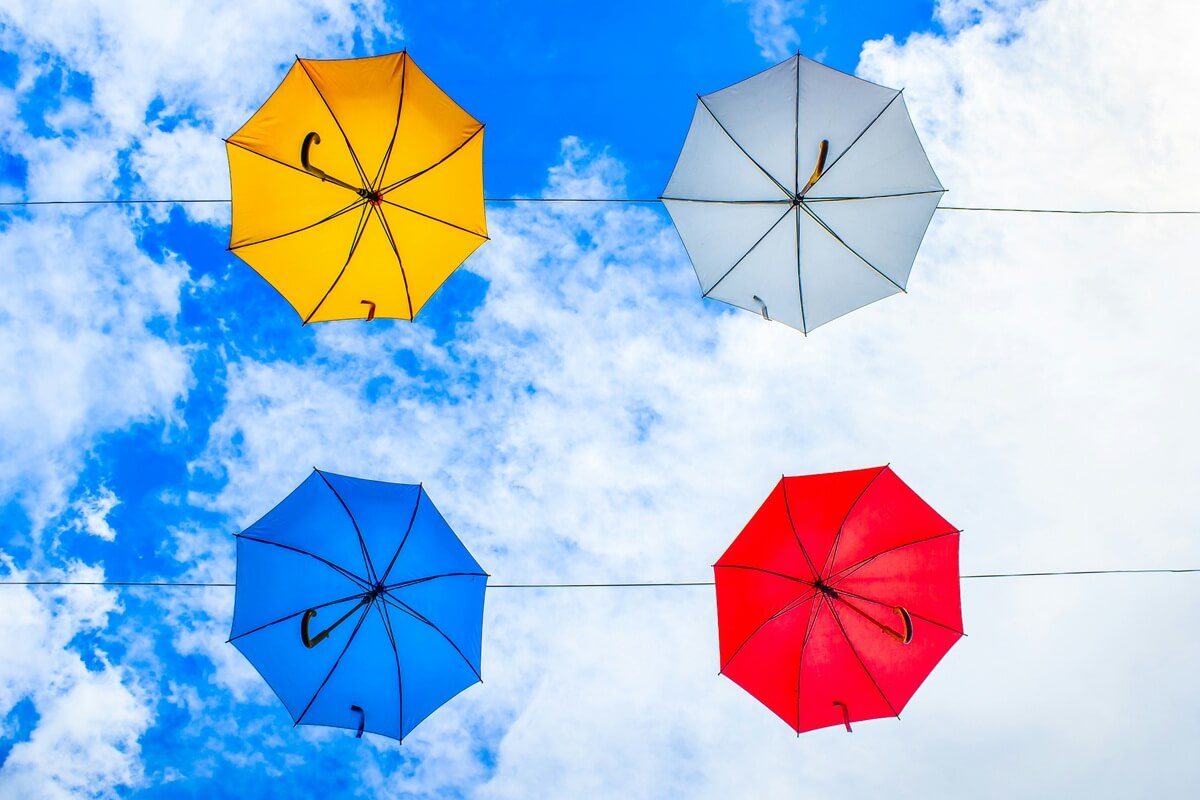
Weather may be similar around the world, but the way we describe it varies wildly. From heavy rain to blazing sun, each culture brings its own flavor—and humor—to talking about the skies. Weather idioms don’t just describe the climate; they reflect local values, imagination, and worldview. Here’s a glimpse into how different languages use weather to say much more than “it’s raining.”
1. English: “It’s raining cats and dogs”
This bizarre idiom paints a picture of complete chaos. Some believe it originated in old England, where torrential rain sometimes carried dead animals through the streets. Today, it simply means it’s pouring rain—a vivid, if strange, way to say it.
2. French: “Il pleut des cordes” (It’s raining ropes)
Rather than animals, the French chose strong visual imagery: ropes of rain pouring from the sky. It’s a vivid and somewhat more logical metaphor for heavy rain than its English counterpart.
3. Spanish: “Hace un sol de justicia” (There’s a sun of justice)
Commonly heard in Spain, this phrase refers to an intensely hot sun that “judges” everyone equally. It’s poetic and dramatic—perfect for describing the relentless Iberian summer.
4. German: “Du machst aus einer Mücke einen Elefanten” (You’re making an elephant out of a mosquito)
While not strictly about weather, this expression often surfaces when someone overreacts—like complaining about a light drizzle. It’s the German equivalent of “making a mountain out of a molehill.”
5. Russian: “Дождь как из ведра” (Rain like from a bucket)
This Russian phrase means it’s raining so heavily, it’s as if someone is dumping water from a bucket. A sharp, instantly understandable image.
6. Japanese: “狐の嫁入り” (Kitsune no yomeiri – A fox’s wedding)
Used when it rains while the sun is shining, this phrase draws from Japanese folklore. In legends, foxes are magical tricksters, and such strange weather is said to mark a fox wedding—mysterious and otherworldly.
7. Turkish: “Gökten üç elma düştü” (Three apples fell from the sky)
This phrase is typically used at the end of a fairy tale, not in everyday weather talk. It harkens back to storytelling traditions where magical weather events signaled divine approval—like three apples falling from the heavens.
8. Swahili: “Mvua ya rasharasha huzaa mafuriko” (A drizzle can cause a flood)
This Swahili proverb warns that even small problems, if ignored, can lead to disaster. It’s less an idiom about the weather and more a metaphor for how little things can snowball into bigger ones—just like a drizzle turning into a flood.
Why Weather Idioms Matter
These expressions are more than colorful ways to talk about the forecast. They show how people in different parts of the world use weather as a lens for culture, emotion, and shared experience. Whether it’s a “sun of justice” or a “fox’s wedding,” these idioms reveal how language connects abstract feelings to the natural world.
So next time you hear a strange weather phrase, pause and reflect—it might be forecasting something deeper than rain.



